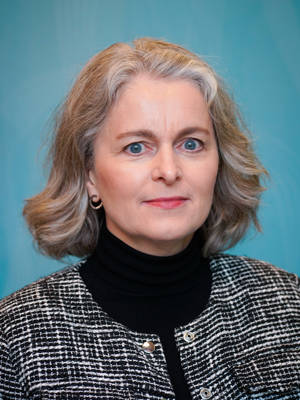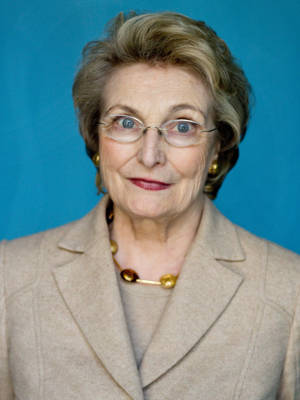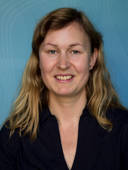This project is commissioned by the Organization for Security and Co-operation in Europe (OSCE), and compares the development of National Action Plans (NAPs) and other national strategies for the implementation of UN SCR 1325 on Women, Peace and Security in the OSCE area.
The UN SCR 1325 passed in 2000 on Women, Peace and Security was a great step forward towards including women and women's perspectives in all matters related to conflict and peace. However, implementation of this resolution has been slow, and in later years there have been repeated call for countries to adopt a National Action Plan (NAP) in order to enhance implementation at the national level. Some states have chosen other arrangements (e.g. mainstreaming gender concerns in other documents related to peace and security) and others are in the process of developing NAPs. Since no model plan existed at the start the plans vary widely in terms of what aspects they emphasize; how civil society has been included in the process;whether they have clear line of responsibility; a dedicated budget and so on. Within the OSCE 27 of the 57 participating States now have a National Action Plan, and this is therefore a good moment in time to assess progress, remaining challenges and gather best practices in the area.
The OSCE is the world's largest regional security organization, with participating States from Europe, North America and Central Asia. It works with security in three dimensions: the politico-military; economic and environmental and the human dimension. Gender issues cut across all three security dimensions. The OSCE works with issues like cross-border trafficking of drugs and people; military and police reform; rule of law and conflict prevention and resolution. With its presence and many field operations in South and Eastern Europe, South Caucasus and Central Asia, the organization is well placed to conduct quiet diplomacy and be aware of early conflict signs. In all of these security areas, having a gender perspective is important.
Christin Ormhaug is the lead researcher on this project, which is undertaken in cooperation with the Gender Section at the OSCE Office of the Secretary General. Norad is the main funder, together with OSCE participating States Austria, Canada, Germany and Serbia.








